Adult Autism Assessments in Ireland
Introduction
Autism is one of many naturally occurring human neurotypes (simply put, neurotypes are different categories for general ways that our brains work). We want to be very clear at the outset of this article that no neurotype is “good” or “bad” - all neurotypes are simply part of the diversity of human experience, and like all diversity should be cherished and celebrated. However, since one neurotype is statistically more common than others (what is referred to as the “neurotypical” neurotype), human society, systems, and environments have been designed with the neurotypical experience in mind and with very little concern for those with other neurotypes. This can cause issues for autistic folks or others who are neurodiverse, not because there is anything inherently “wrong” with being autistic, but because the world autistic people are trying to navigate is exclusionary and was not built with consideration for the autistic experience. This perspective is based on the social model of disability, which illustrates how people are disabled by unfair barriers placed on them in society rather than some inherent quality of the person.
The social model of disability is radically different than the historical perspective on autism, which was often focused on perceived “deficits” autistic people had, and which often led to autistic people being subjected to frankly disturbing “medical treatments” to try to make them think/feel/behave more in line with how a neurotypical person would. Thankfully things are slowly improving due to advocacy from leaders in the autistic community and ongoing (and sometimes challenging) conversations happening in the medical and psychological fields. However, there is still lots of work to be done!
Why get assessed?
As we have established that being autistic is simply a normally occurring human neurotype, you might be wondering why anyone would bother undergoing an assessment to determine their neurotype at all. There are several benefits from undergoing the assessment process, even as adults. The first is that having a better insight and understanding of oneself can be a therapeutic experience. Second, autistic people might need fair accommodations to thrive in school/college/work, and often accessing these accommodations requires documentation of their needs from a mental health professional such as a psychologist or psychiatrist, at least in Ireland. Third, depending on their level of need, some autistic people might be eligible for other supports or access to governmental services - however again these often require documentation to access.
Accessing an Autism Assessment as an Adult in Ireland
Sadly, at the time of writing there is currently no explicit pathway for public autism assessments for adults in Ireland. We advocate for the creation of a public service to help manage the need for access to these assessments and to increase equity and justice in access to services. Despite the lack of a public service, there are private services which are currently offering autism assessments for adults in Ireland. We at Trua Psychological Services are proud to offer neuro-affirming, collaborative autism assessments for adults. We prefer to call this process “collaborative autism identification” rather than an “assessment”, as we believe you are the expert on your own life and can helpfully identify your own lived experience and needs. You can read more about the service we offer by clicking here.
We want to highlight our paradigm and model for offering these was inspired by the wonderful clinical handbook titled “The Adult Autism Assessment Handbook: A Neurodiversity Affirmative approach”, which written by some of the great people at the Adult Autism Practice, one of the leading clinics in Ireland on neuro-affirming assessments. I have been lucky enough to call some of their clinicians my colleagues and feel grateful for their shared insights and wisdom. I would also like to highlight my colleagues at the “Diverse Minds” clinic for similar reasons. There are many reasons to pick a particular service or even particular clinician to help facilitate your assessment, so please do look for a service/clinician who you feel would be a good fit for your unique needs and style. If you are looking for an assessment by looking through a clinical directory like the one on the Psychological Society of Ireland’s website and the clinician does not explicitly mention their method of providing this service, please feel free to ask them if they offer a neuro-affirming service before booking with them. If they reply in any way other than an enthusiastic “yes”, they might not be the best fit for you!
Conclusion
If you would like further reading on the neuro-affirming approach to therapy or assessment, the social model of disability, or anything else mentioned in this article, please do not hesitate to reach out and we would be happy to supply citations and articles for your reference. We will prioritize referring you to leaders and researchers in the Autistic community for further guidance and information. We will continue to try to amplify the voices of the Autistic Community at every possible opportunity.
If you are considering pursuing a collaborative autism assessment, we would also love to hear from you. You can choose to book directly through our secure portal using the button below, or if you have any questions or concerns you would like to address please see our Services page and FAQs page, or feel free to email us at info@truapsych.com.
Please note that just like any community, the Autistic Community has lots of diversity within the community. We chose to use identify-first language in this article as the majority of Autistic people have stated this as their preference, however we will always respect individual preference where this might differ. While we believe the information in this article is accurate and aligned with the wishes and preferences of the Autistic community at the time of writing, this is an area of ongoing conversation and evolution, and we will do our best to edit or re-publish if this information becomes outdated.

